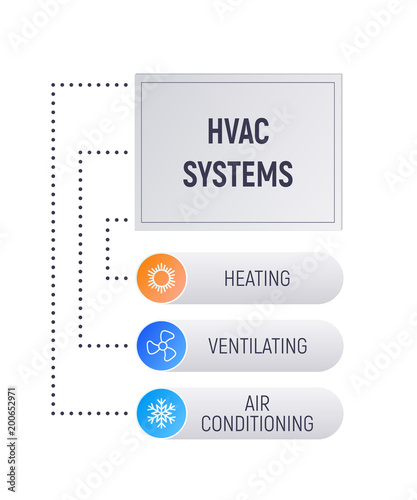Understanding The Impacts Of Weather On Heatpump Performance And Just How To Reduce Them
Understanding The Impacts Of Weather On Heatpump Performance And Just How To Reduce Them
Blog Article
Written By-Tuttle Linnet
When it involves your heatpump, climate plays an important role in its efficiency. From freezing temperature levels to sweltering heat, each aspect can influence exactly how effectively your system runs. However what can you do to deal with these weather-related obstacles and ensure your heat pump is operating at its ideal? Keep tuned to find read more and approaches to maximize your heatpump's performance, no matter the climate condition it faces.
Climate Variables Impacting Heat Pump Performance
Weather aspects have a considerable influence on the efficiency of heatpump. One critical variable is temperature level. https://www.achrnews.com/articles/144090-hvac-contractors-should-make-the-most-of-furnace-season by transferring warmth from outside to within during winter season and the other way around in summer. As temperature levels decline, it comes to be harder for the heat pump to extract warmth from the outside air, decreasing its performance.
One more crucial element is humidity. High humidity levels can make it much more tough for the heatpump to release warmth during the cooling process.
Additionally, wind speed contributes. Solid winds can dissipate the warm taken in or released by the heat pump, affecting its total efficiency.
Tips for Optimizing Heat Pump Performance
To improve the performance and long life of your heatpump, executing a couple of crucial methods can make a significant difference in its performance.
First of all, make sure regular upkeep by cleaning or replacing filters every 1-3 months to prevent airflow clogs and make the most of airflow. In addition, schedule annual professional inspections to detect and attend to any prospective issues early on.
Optimum thermostat settings likewise play a critical function. Throughout the winter, aim for a temperature setting that's as low as comfortable, and during the summer season, established it as high as comfy to decrease the work on your heatpump. Utilizing a programmable thermostat can help you automatically change settings based upon your routine.
Furthermore, securing leaks in ductwork and shielding ducts in unconditioned areas can prevent energy loss and improve general system efficiency.
Last but not least, think about setting up a wise thermostat that can learn your routines and change setups appropriately, more enhancing your heat pump's efficiency. By following these tips, you can guarantee your heatpump runs successfully and effectively throughout the year.
Best Practices for Weatherproofing Your Heat Pump
For optimum efficiency and performance of your heat pump, carrying out weatherproofing measures is crucial. Start by securing any gaps or cracks around doors, windows, and ductwork to stop warm loss and maintain a consistent interior temperature.
Protect subjected pipes and ducts to prevent freezing throughout winter and ensure correct air flow. Take into consideration setting up a safety cover over the exterior device to shield it from severe climate elements like snow, ice, and particles.
Consistently tidy the exterior device to get rid of dirt, leaves, and debris that can block air movement and reduce performance. Furthermore, maintain the location around the heatpump free from snow, ice, and plants to permit correct ventilation.
Conclusion
Now that you recognize how weather condition affects your heat pump efficiency, you can take aggressive steps to enhance its effectiveness. By following the ideas laid out in this write-up, such as regular upkeep, thermostat changes, and weatherproofing actions, you can make sure that your heat pump runs at its finest regardless of the weather. Keep ahead of the game and maintain your home comfortable throughout the year.
